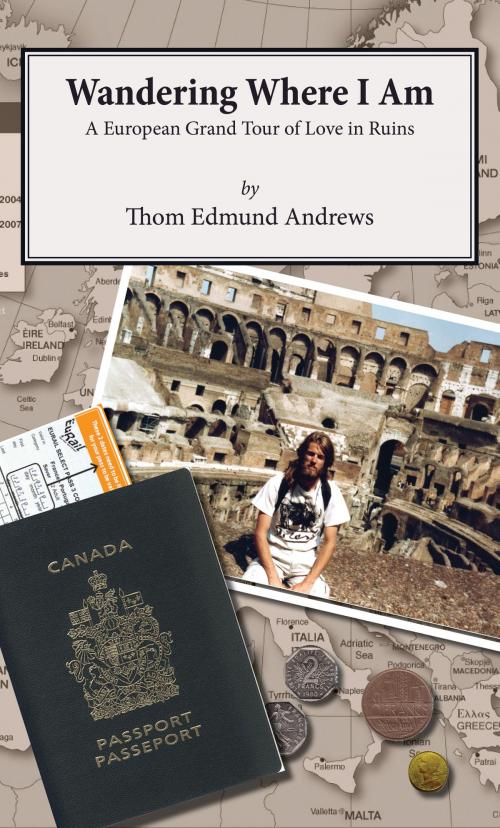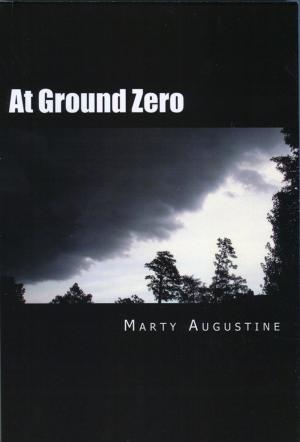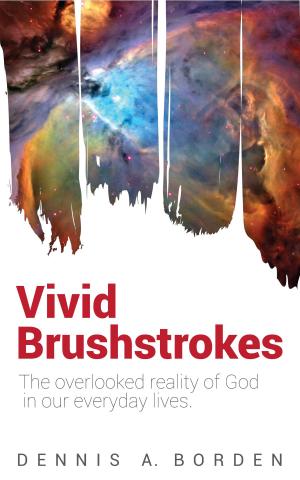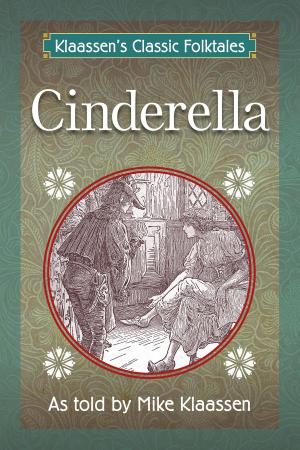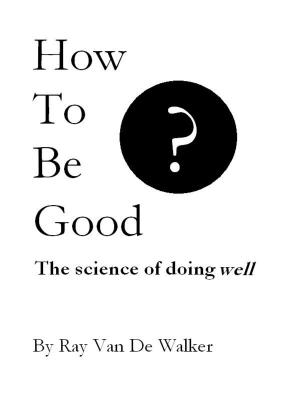| Author: | Thom Edmund Andrews | ISBN: | 9781626758612 |
| Publisher: | BookBaby | Publication: | May 4, 2013 |
| Imprint: | Language: | English |
| Author: | Thom Edmund Andrews |
| ISBN: | 9781626758612 |
| Publisher: | BookBaby |
| Publication: | May 4, 2013 |
| Imprint: | |
| Language: | English |
Wandering Where I Am is a poetic journey of a young man going through a marital breakdown and encountering the europe he has studied, face to face. The book charts Thoms Andrews' travels through the Europe, himself, and the experience of his relationship coming to resemble the ruins in which he found inspiration. From the canals of Venice through the streets of London, Andrews contemplates loss, personal transformation, and experiences moments of clarity through encounters the art and the history of the places he finds himself in. The spring and summer of 1989 was a time where walls, both litteral and figurative, were being torn down. In the context of this deconstruction of boundaries and identities, Andrews finds himself transversing the demarcations of who he thought he was, as the curtain of the assumptions that had confined him was being exposed as untenable. Writing with austere sincerity and without the confines of convention, Andrews presents the poems he was writing throughout his travels, both external and internal. The reader is invited to travel with Andrews through spaces sacred and mundane, and he charts his european grand tour of love in ruins.
Wandering Where I Am is a poetic journey of a young man going through a marital breakdown and encountering the europe he has studied, face to face. The book charts Thoms Andrews' travels through the Europe, himself, and the experience of his relationship coming to resemble the ruins in which he found inspiration. From the canals of Venice through the streets of London, Andrews contemplates loss, personal transformation, and experiences moments of clarity through encounters the art and the history of the places he finds himself in. The spring and summer of 1989 was a time where walls, both litteral and figurative, were being torn down. In the context of this deconstruction of boundaries and identities, Andrews finds himself transversing the demarcations of who he thought he was, as the curtain of the assumptions that had confined him was being exposed as untenable. Writing with austere sincerity and without the confines of convention, Andrews presents the poems he was writing throughout his travels, both external and internal. The reader is invited to travel with Andrews through spaces sacred and mundane, and he charts his european grand tour of love in ruins.
